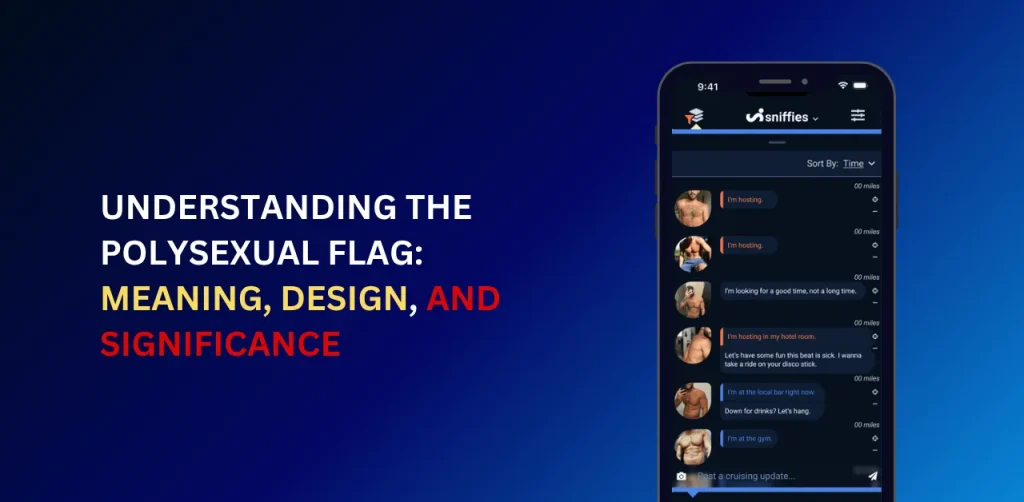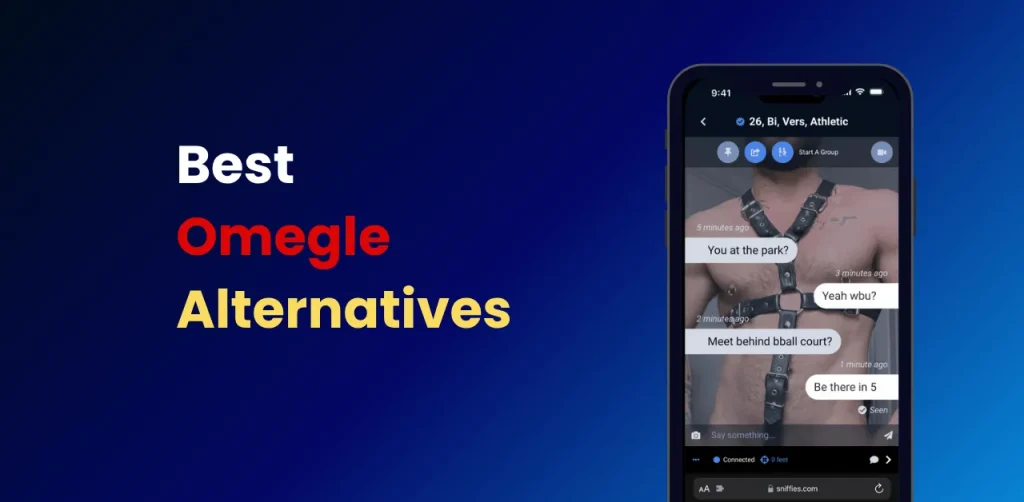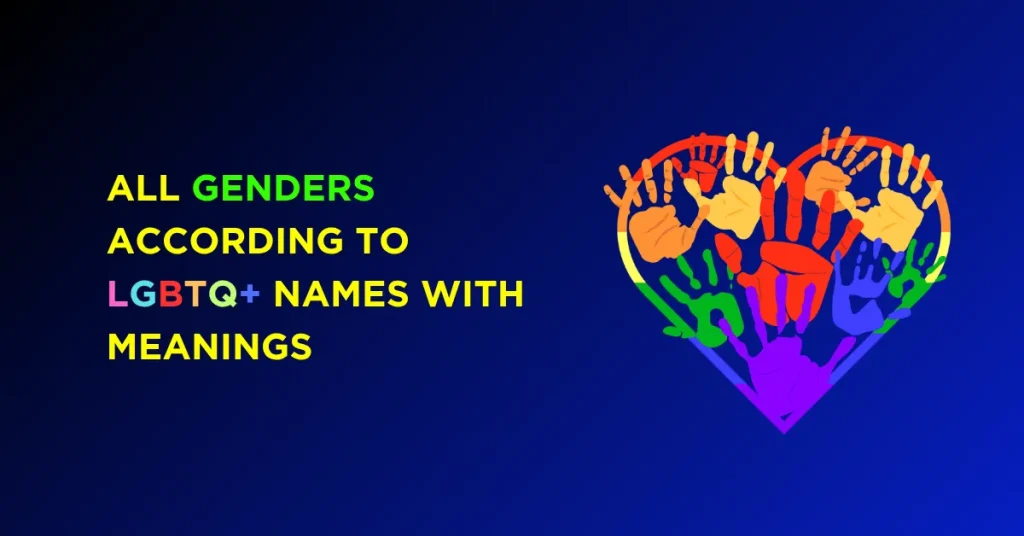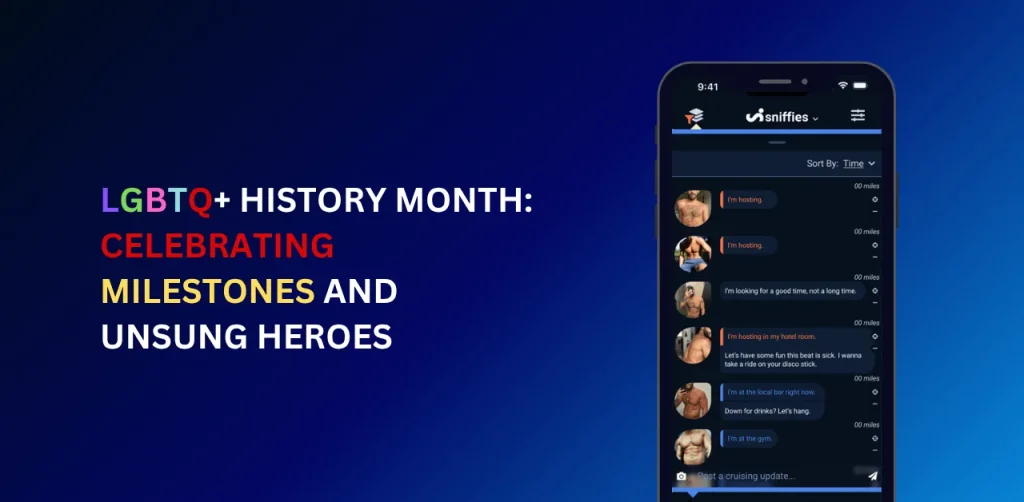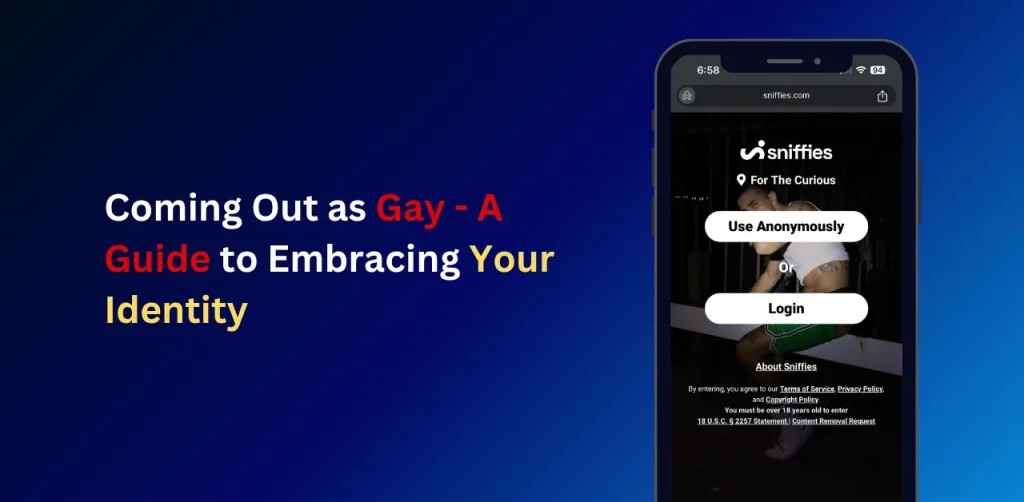How Gen Z is Redefining Gender and Sexual Identity
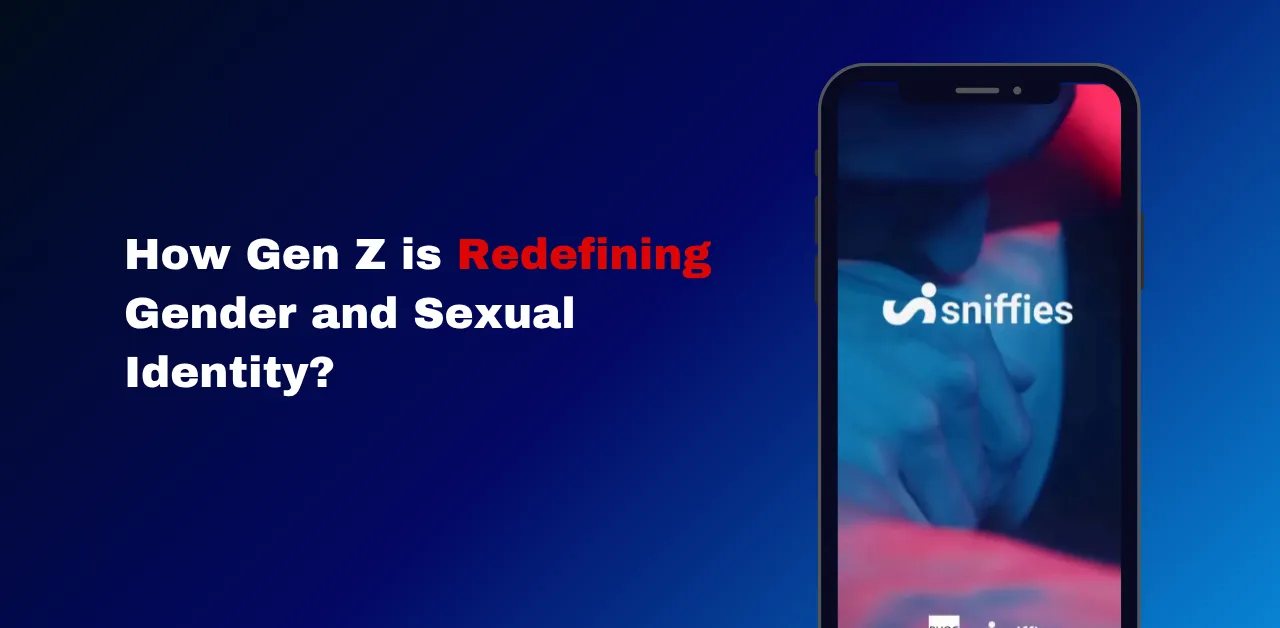
Generation Z, born between 1997 and 2012, is reshaping how society views gender and sexual identity. Unlike previous generations, Gen Z embraces fluidity, inclusivity, and self-expression, challenging traditional norms. A 2023 Gallup poll found that 19.7% of Gen Z adults identify as non-heterosexual, nearly double the rate of Millennials. This shift is driven by their digital-native mindset, exposure to diverse voices on platforms like TikTok, and a rejection of rigid stereotypes.
How Gen Z Sexual Identity & Redefining Gender
Embracing Gender Fluidity
Gen Z rejects binary gender norms, with 1 in 5 identifying as nonbinary or gender nonconforming, per a 2022 Pew Research study. They view gender as a spectrum, not a fixed category. For example:
Expanding Sexual Orientation Norms
Gen Z is more open about diverse sexual orientations. The 2023 Gallup poll noted that 7.6% of Gen Z identify as bisexual, 2.1% as gay or lesbian, and 1.8% as transgender. Key trends include:
Social Media as a Catalyst
Platforms like TikTok and Instagram amplify Gen Z’s identity exploration. A 2024 eMarketer report found 77% of Gen Z use TikTok for identity-related content, from tutorials to personal stories.
- Influencer Impact: Transgender creators like Francesco Cicconetti educate followers on gender issues, fostering acceptance.
- Community Spaces: Reddit and Discord offer safe spaces for discussing identity, with Gen Z valuing authentic voices over polished ads.
Why Gen Z is Leading This Change
Digital-Native Mindset
Raised with constant internet access, Gen Z uses platforms like YouTube (77% usage) and TikTok (73%) to explore identity, per a 2024 Marketing Charts survey. They seek:
- Authentic Voices: 97.5% use social media for shopping and identity inspiration, valuing peer reviews over traditional media.
- Visual Learning: 40% prefer video tutorials for self-expression, like makeup or fashion tips on TikTok.
Rejection of Stereotypes
Gen Z prioritizes individuality, with 66% believing communities form around shared causes, not demographics, per McKinsey. They challenge:
- Traditional Norms: Quotes like “Fabric is genderless” from a 22-year-old Gen Z respondent reflect their push for unisex expression.
- Patriarchal Systems: Focus groups in Italy noted Gen Z’s view of society as patriarchal, driving advocacy for gender equality.
Mental Health Connection
Identity exploration is tied to mental health. A 2021 Deloitte survey found Gen Z is two to three times more likely to experience suicidal thoughts, partly due to identity-related stress. Social media can both exacerbate and alleviate this, with affirming content reducing anxiety.
How to Support Gen Z’s Identity Exploration
Create Affirming Environments
Supportive spaces reduce mental health risks. The Trevor Project found that transgender youth with affirming families have 50% lower suicide attempt rates. Actions include:
Leverage Social Media
Brands and allies can connect with Gen Z on platforms they trust:
Advocate for Policy Change
Gen Z supports systemic change, with 4 in 5 backing movements like Black Lives Matter, per Yubo. Allies can:
- Support Legislation: Push for laws like the Equality Act to protect gender and sexual identity rights.
- Educate Communities: Share resources from The Trevor Project to raise awareness.
Challenges and Considerations
Mental Health Risks
While social media fosters identity exploration, it can increase stress. A 2021 study linked excessive social media use to “iDisorder,” worsening anxiety among Gen Z. Solutions include:
- Digital Wellness: Encourage breaks from platforms, as Gen Z seeks “third spaces” like IRL meetups.
- Affirming Content: Promote creators who share positive identity stories.
Resistance to Change
Some communities resist Gen Z’s fluid identities. X posts highlight debates over nonbinary pronouns, with critics citing traditional values. This underscores the need for education and dialogue.
Policy Gaps
Despite progress, legal protections lag. The Equality Act, which would ban discrimination based on gender identity, remains unpassed, leaving Gen Z vulnerable in some states.
Conclusion: Supporting Gen Z’s Identity Revolution
Gen Z is redefining gender and sexual identity through fluidity, inclusivity, and digital engagement. By creating affirming spaces, leveraging social media, and advocating for policy change, we can support their journey. For immediate help, contact The Trevor Project at 1-866-488-7386. Explore more ways to connect at Sniffies’ queer wellness tips. If you enjoyed this, you might also like our latest article LGBTQ Representation in Pop Culture

